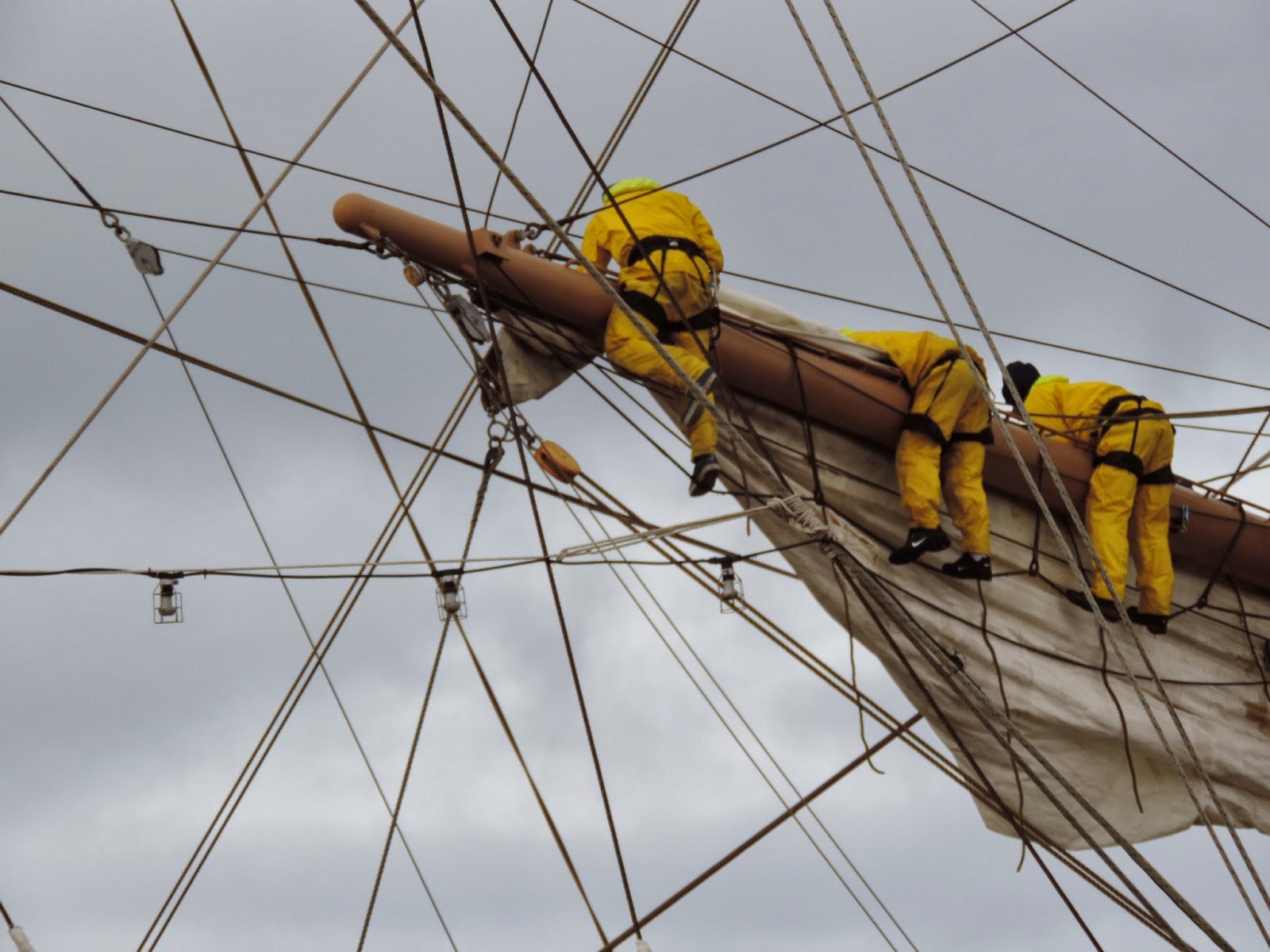Southern South America AKA A bloody history
The first inhabitants of Tierra del Fugeo, the archipelago of islands
off the southernmost tip of mainland South America, arrived there about 12 000
years ago having walked all the way from Africa via Alaska. The first
thing they did, of course, being human, was to hunt giant sloths and other such
easy-to-catch prey to extinction. When Magellan sailed by, in November 1520, he
discovered a people who lived, despite the frigid temperatures and constant
howling wind, almost totally naked. The men hunted sea mammals and birds and
the women dove in the icy waters for shellfish. To keep warm they huddled
around fires much of the time, in camp, on hill tops, even in their canoes…
hence the name “land of fires” given to the region. Magellan, by the way,
was on his famous expedition which was the first successful circumnavigation of
the world. (He did not survive the trip, in fact, only 18 of the 237 who set
out survived, so successful is a questionable adjective…) However, in my
continuing, brief, saga, Spaniards eventually settled the land to use as
pasture for sheep, and, since the aboriginals found sheep easy to capture and
eat, they, the aboriginals, not the sheep, were consequently summarily
executed. Not a nice history at all.
Now the museums remember both the sloths and the first inhabitants…
tall ship festivals hark back to the days of seafarers…
and the current military might of Chile is celebrated with grand parades.
(At least, that’s what I saw when I was there.)


